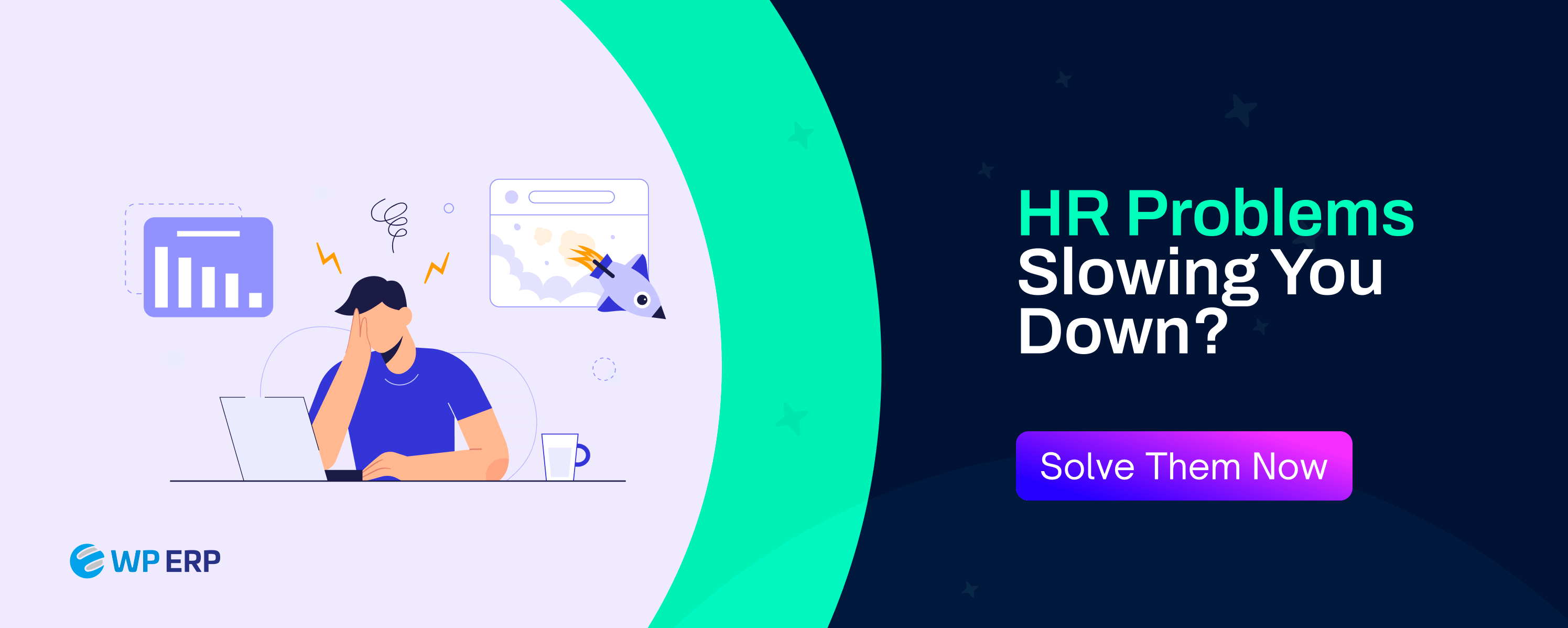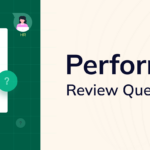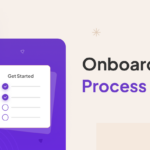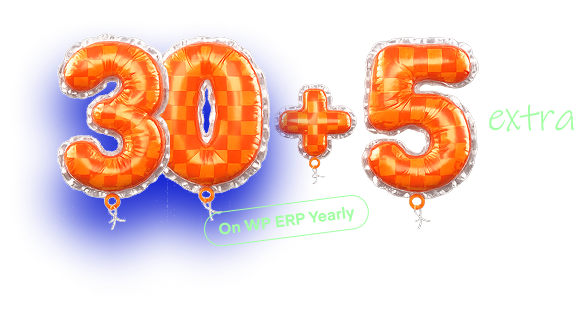Running HR in a small business is no joke. One day, you’re posting job ads. The next, you’re fixing payroll issues or trying to settle a team conflict. And most of the time, you’re doing all of this without a proper HR team.
Unlike big companies, small businesses usually don’t have the
- budget,
- tools, or
- people to handle HR properly.
Things slip through the cracks. Employees get frustrated. And owners lose precious time.
In this post, we’ll break down the 10 most common HR challenges small businesses face and show you exactly how to solve them. Let’s make HR less chaotic and way more manageable.
Quick Summary
HR in small businesses brings a mix of challenges. From hiring and onboarding to payroll, compliance, and employee data, it’s a lot to handle. And without the right tools, things get messy and time-consuming.
This blog covers 10+ common HR problems that small teams deal with. It also shares practical solutions that actually work. We’ve included how WP ERP can help you automate repetitive tasks and keep your HR operations organized.
It doesn’t matter if you’re running HR solo or working with a lean team. This guide can help you stay focused and build a smoother, more efficient workflow.
How to Solve Common HR Challenges for a Small Business
This is the list of the challenges that you might face if you are a human resource manager:
- Hiring the Right People
- Employee Onboarding
- Attendance and Time Tracking
- Payroll Management
- Performance Management
- Compliance and Labor Laws
- Managing Employee Data
- Handling Employee Grievances
- Scaling HR Processes
- Building a Positive Work Culture
Now, let’s get into the details!
01. Hiring the Right People

Hiring the right people is tough when you’re running a small business. You don’t have a full HR team. You don’t have hours to spend reviewing resumes or holding multiple interviews. And without a solid process, it’s easy to make quick decisions that don’t work out later.
One common mistake is not being clear about what the role actually needs. Vague job descriptions bring in the wrong applicants. Then, with limited tracking, it’s hard to stay organized during the hiring process.
How to Fix This Problem?
Start with well-written, detailed job posts. Be clear about responsibilities and expectations. Then, create a simple, step-by-step hiring flow. Even something as basic as a shared checklist can help.
If you’re using an extension like Recruitment, you can manage applicants, track stages, and keep notes, all in one place. It’s easier to stay on top of things without juggling spreadsheets or emails.
Hiring doesn’t have to be overwhelming. A little structure goes a long way.
02. Employee Onboarding

You’ve found the right person. Now what? For many small businesses, onboarding is where things start to fall apart.
There’s no standard process. Some documents are missing. Equipment isn’t ready. And no one really knows who’s supposed to do what. The new hire feels lost. You feel disorganized. And it sets the wrong tone from day one.
But onboarding doesn’t need to be complicated to be effective.
How to Fix This Problem?
Start by creating a basic onboarding checklist. Include things like document submission, introductions, and tools access. Assign responsibilities so everyone knows their part. This helps new employees feel welcomed and supported from the start.
If you’re using something like WP ERP HRM, you can store employee info, track document status, and manage onboarding steps in one place. It’s simple, but it saves time and prevents important things from falling through the cracks.
A smooth onboarding experience builds trust. And trust leads to better performance right from the beginning.
03. Attendance and Time Tracking

Tracking time and attendance sounds simple, until it isn’t.
Many small businesses still rely on spreadsheets or manual logs. But those systems are easy to forget, easy to fake, and hard to audit. Over time, it creates tension. Employees feel micromanaged. Managers feel frustrated with inconsistent records.
The real issue? You can’t improve productivity if you don’t know where the time is going.
How to Fix This Problem?
You don’t need anything fancy to fix it. Just a reliable way to track hours, leaves, and late entries. A tool like WP ERP’s Attendance module helps you automate the whole process. Employees can log time, request leaves, and view their records, all from one place. And you get accurate data without chasing people down.
This not only saves time but also builds a more transparent work environment. When attendance tracking is clear and fair, it removes guesswork and makes managing your team a whole lot easier.
04. Payroll Management

Payroll is one area where small mistakes can lead to big problems. Late payments, tax miscalculations, or missing deductions don’t just frustrate employees – they also damage trust.
Many small businesses still run payroll manually. That means calculating hours, figuring out taxes, and transferring salaries one by one. It’s time-consuming, error-prone, and stressful, especially at the end of the month.
How to Fix This Problem?
The good news? You don’t need a full finance team to get it right.
A simple payroll system that connects directly with attendance and leave data makes life easier. For example, WP ERP’s Payroll module lets you automate salary calculations, manage bonuses and deductions, and generate payslips in just a few clicks. It also keeps everything documented and ready for audits.
When payroll runs smoothly, employees feel secure, and you get peace of mind knowing nothing was missed.
05. Performance Management

In small businesses, performance management often gets pushed aside. Everyone’s busy. Goals are not clearly set. Feedback happens only when something goes wrong. Over time, that hurts morale and your team’s growth.
The problem isn’t that you don’t care. It’s that there’s no system in place. Without regular check-ins or clear expectations, employees feel unsure about how they’re doing. And that leads to disengagement or high turnover.
How to Fix This Problem?
The fix is simple – just make performance tracking part of the routine.
Set specific goals for each role. Schedule regular one-on-one meetings. Give feedback that’s clear, honest, and actionable. It doesn’t need to be formal, just consistent.
If you’re using WP ERP, you can keep track of performance data, notes, and progress all in one system. It gives you a full picture of each employee’s growth without the need for extra tools or paperwork.
A little structure around performance helps people grow and keeps your team aligned with your business goals.
06. Compliance and Labor Laws

Staying compliant with labor laws is one of the trickiest parts of HR for small businesses. Rules change. Regulations vary by location. And if you’re not careful, one small mistake can lead to penalties, legal trouble, or worse, employee disputes.
The challenge? Most small teams don’t have a legal expert on board. You’re expected to handle hiring, payroll, and compliance while running everything else.
That’s why keeping things organized matters.
How to Fix This Problem?
Start by documenting your company policies clearly. Make sure employees understand their rights, responsibilities, and leave rules. Keep records of everything, from contracts to evaluations.
Tools like WP ERP help by keeping employee files, leave policies, and payroll reports all in one place. You won’t need to dig through folders when you need a record – everything’s already there, neatly organized.
Compliance doesn’t have to be overwhelming. With the right setup, you can avoid unnecessary risks and run a much smoother operation.
07. Managing Employee Data

Employee information is everywhere – on spreadsheets, in email threads, and sometimes on paper. That might work when your team is small. But as you grow, this scattered setup becomes a serious problem.
Important details get lost. You can’t find documents when you need them. And updating records becomes a time-wasting task.
Centralizing your employee data is the fix.
How to Fix This Problem?
You need a system where all employee info – personal details, job history, documents, leave balances is stored in one place. That way, everything is easy to access, update, and share when needed.
WP ERP’s HR module helps you do exactly that. It acts like a digital employee file cabinet. You get a clean, organized view of each team member without the mess.
When your data is in order, you save time, avoid mistakes, and build trust with your team. No more digging through folders or chasing old emails.
08. Handling Employee Grievances

No matter how small your team is, issues will come up. Misunderstandings, unfair treatment, or communication gaps can lead to frustration. But in many small businesses, there’s no clear way for employees to raise concerns. So, they stay silent or they leave.
That silence is dangerous.
When problems aren’t addressed, they grow. Productivity drops. Team morale suffers. And in some cases, it leads to legal risks or public reviews that damage your reputation.
How to Fix This Problem?
Create a safe and structured way for employees to speak up.
Even a basic grievance policy makes a difference. Let your team know how they can raise an issue and who will handle it. Keep the process private, respectful, and timely.
Using a system like WP ERP, you can document complaints, track progress, and keep records secure. That way, nothing gets lost, and you handle every issue fairly. Respect and transparency go a long way. And they start with simply listening.
09. Scaling HR Processes

What works for a 5-person team won’t work for 25. But many small businesses keep using the same old HR methods, manual checklists, scattered files, and shared inboxes even as the team grows.
That’s when things start to break.
New hires fall through the cracks. Payroll gets delayed. Time-off requests pile up in someone’s inbox. It becomes harder to track who’s doing what, and accountability drops.
How to Fix This Problem?
If you want to grow smoothly, your HR processes need to grow with you.
That means switching to tools that can handle more people, more tasks, and more data without adding complexity. With something like WP ERP, you can manage employees, track performance, run payroll, and handle leaves all in one system. It’s designed to scale as your business does.
Instead of patching holes each time you grow, build a system that supports growth from the start.
10. Building a Positive Work Culture

A strong work culture isn’t just a ‘nice-to-have’, it’s what keeps teams motivated and loyal. But for small businesses, culture often takes a backseat to day-to-day survival. There’s no clear vision, no team rituals, and sometimes, no feedback loop.
Over time, that leads to disengaged employees who don’t feel connected to the company.
How to Fix This Problem?
Culture doesn’t have to be built with big budgets. Start small. Celebrate wins – both big and small. Give regular feedback. Create space for open conversations. Even things like remembering birthdays or organizing a team lunch can go a long way.
With WP ERP, you can keep track of milestones, send updates, and support transparent communication, all from one place.
Culture isn’t built overnight. But small, consistent actions will shape a workplace people actually want to be part of.
How to Solve Common HR Challenges – FAQs

What are the challenges faced by an HR?
HRs often deal with hiring the right people, managing payroll, ensuring compliance, handling employee issues, and keeping records organized, all while supporting company culture.
What is the most challenging thing for HR?
Balancing people management with legal compliance is one of the toughest parts. A single mistake in payroll or labor laws can lead to serious consequences.
What are complex HR issues?
Complex HR issues include conflict resolution, legal disputes, performance management, and scaling HR operations without the right systems in place.
Common HR Challenges – A Quick Recap for You
Running HR in a small business isn’t easy. But it doesn’t have to be overwhelming either.
Here’s a quick look at the most common HR challenges you might be facing:
- Hiring the right people
- Onboarding new employees
- Tracking attendance and time
- Managing payroll accurately
- Setting up performance reviews
- Staying compliant with labor laws
- Organizing employee data
- Handling grievances the right way
- Scaling HR processes as you grow
- Building a positive work culture
Each one of these can slow you down, unless you have the right systems in place.
That’s where WP ERP comes in. It’s designed to help small businesses like yours manage HR without the stress. From hiring to payroll to performance, everything’s in one place.
Start small. Fix what’s slowing you down. And as your team grows, you’ll already have a system that grows with it.














Nice information
Really happy to know that you’ve liked our article.
Thanks, Ali. Take care!